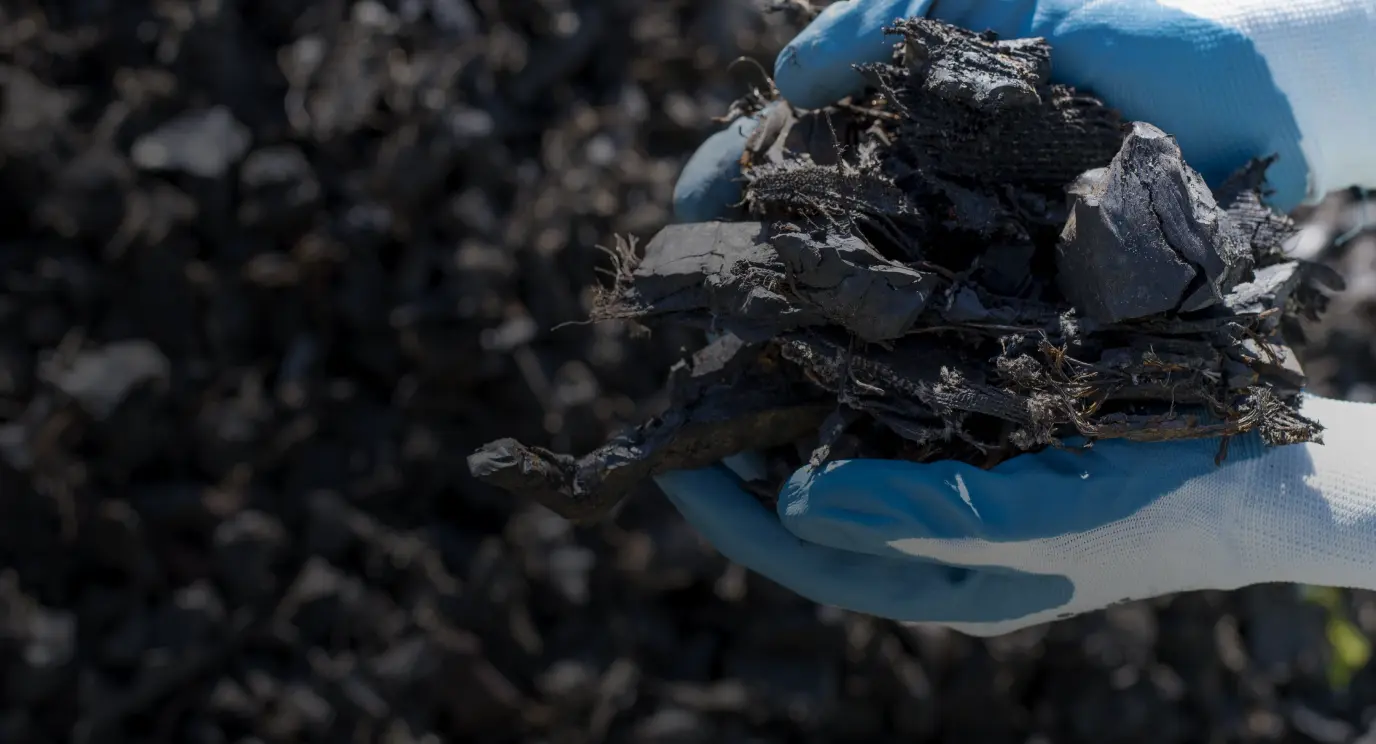The world is currently not on a trajectory to achieve Net Zero emissions by 2050. To achieve these targets, accelerated transition from coal – the largest emitter of energy-related greenhouse gases – is imperative.
This is especially so in Asia, where coal continues to fuel the energy demands of most developing economies; and where the coal value chain forms the backbone of many labour markets. Majority, or nearly 60%, of electricity consumed in the region is derived from coal, with Asian coal-fired power plants (CFPPs) contributing around 20% of total global annual emissions.
Given their integral role in industry and local communities, many CFPPs are either state-owned or shielded by long-term contracts and market regulations to ensure steady return on investment, power grid stability, as well as stable mass employment across the projects’ lifetime. There are thus major structural, political, and socio-economic hurdles in the way of retiring CFPPs ahead of schedule, even as cleaner renewable energy alternatives become almost as affordable.
Based on preliminary analysis published by the Monetary Authority of Singapore (MAS) and McKinsey, early retirement of CFPPs is currently neither economically feasible, nor easily investable.
A new class of carbon credits
MAS and McKinsey propose that successful execution at scale will require a new and innovative financing mechanism known as ‘Transition Credits’.
Transition credits are an up-and-coming class of carbon credits that can be generated through the early retirement of CFPPs, and which could provide an additional revenue stream to improve the economics of early coal decommissioning efforts, as well as facilitate a just transition from coal to cleaner (maximising renewables) energy alternatives.
Common amongst major global efforts to accelerate the early phase-out of CFPPs, transition credits are emerging as a promising tool to help clear the last mile investment hurdle with private capital at market rate.
But in order to ensure the viability of this solution, the price of transition credits must be sufficiently high to constitute repayments to new creditors and equity holders financing such projects, while low enough to be accessible to corporate buyers.
Building on a working paper launched by MAS and McKinsey, Climate Impact X (CIX) has published a concept note in partnership with RBP Consulting to unpack key economic and technical considerations when assessing the value of a transition credit project.
Download Paper
Learn more about the economic and technical feasibility of Transition Credits in financing the early retirement of coal-fired power plants.
Perspectives – Transition Credits Paper
"*" indicates required fields
Find solutions tailored to your needs

For Corporate Buyers
Buy and retire verified carbon credits and RECs with flexible procurement and deep market expertise to support sustainability goals.

For Traders & Intermediaries
Enhance trade execution and liquidity through robust market infrastructure and efficient settlement with a broad counterparty network.

For Project Suppliers
Tap into a global network of buyers to secure spot or forward demand, while ensuring fair pricing for carbon credit and REC projects.









